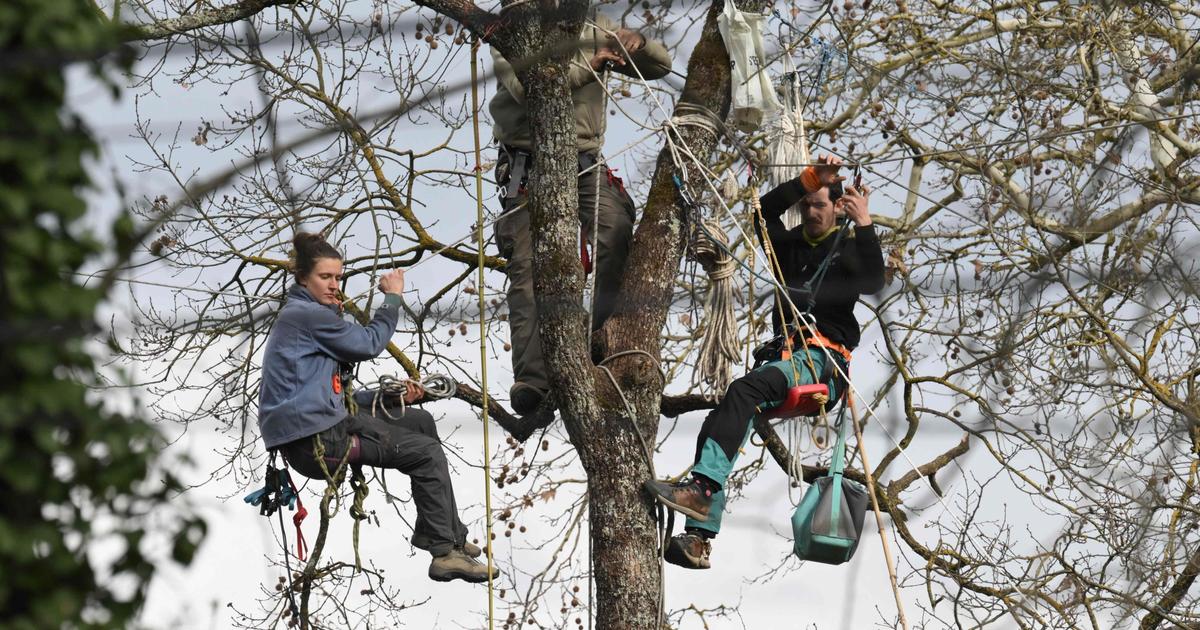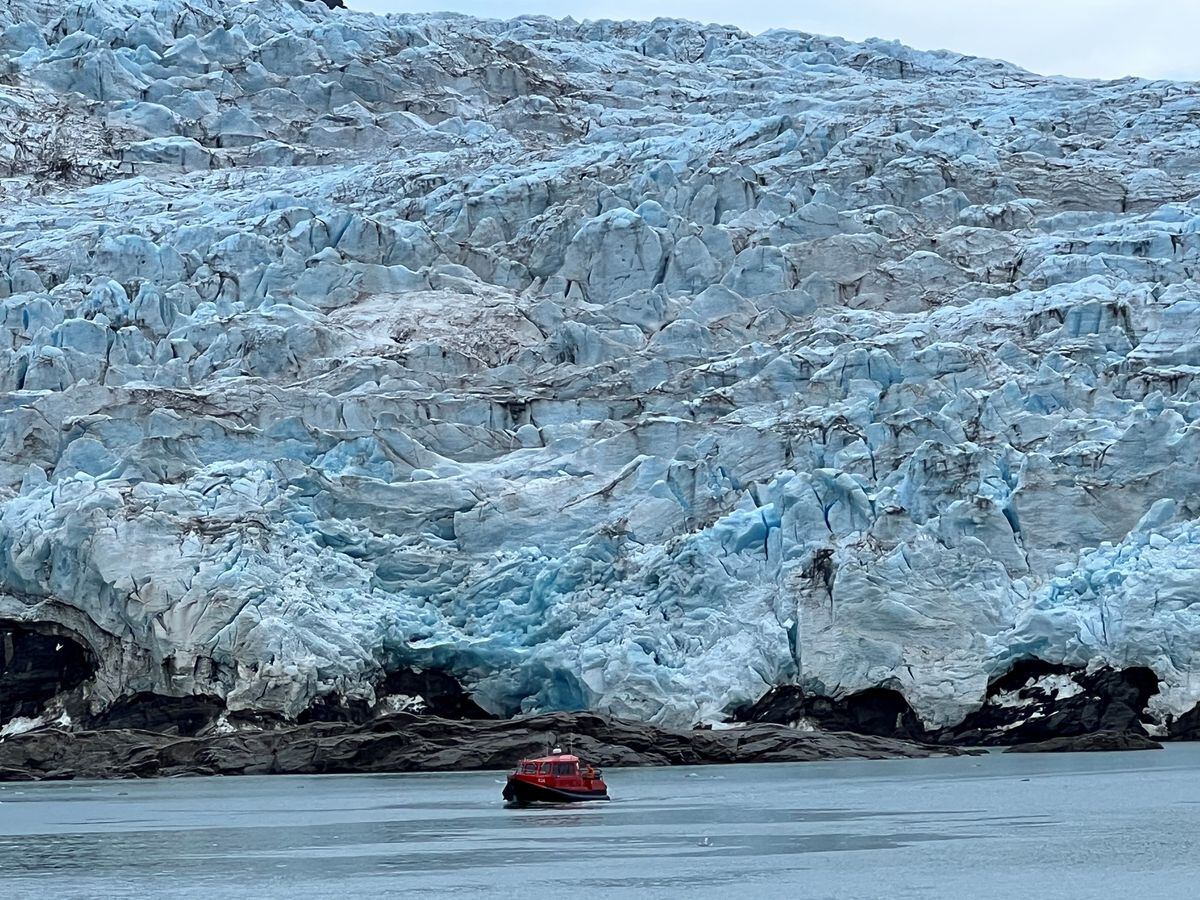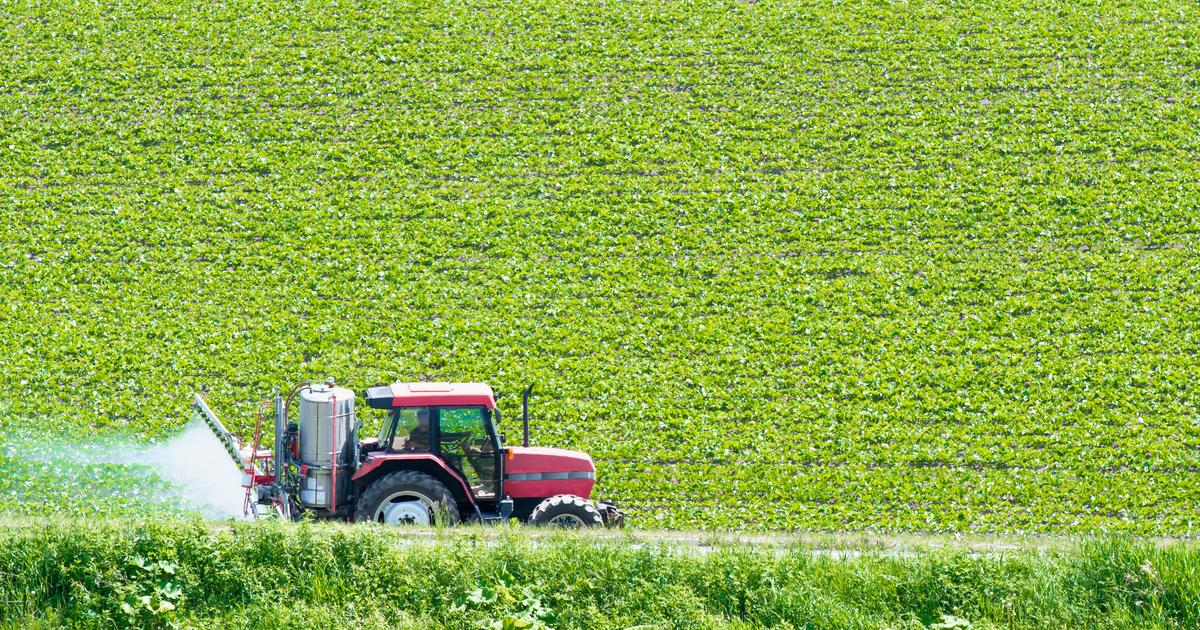- Click to share on Facebook (Opens in a new window)
- Click to share on Twitter (Opens in a new window)
- Click to share on LinkedIn (Opens in a new window)
- Click to email a friend (Opens in a new window)
Editor's Note: Lauren E. Oakes is a conservation scientist for the Wildlife Conservation Society, an adjunct professor at Stanford University in the Department of Earth System Sciences, and the author of "In Search of the Canary." Sarah H. Olson is the associate director of epidemiology for the Health Program of the Society for Wildlife Conservation. James Watson is the director of the Science and Research Initiative of the Wildlife Conservation Society and professor of conservation science at the University of Queensland. The opinions expressed in this comment are their own. See more opinion at CNNE.COM/OPINION
(CNN) - The Earth and its inhabitants face three global crises: the pandemic crisis, the climate crisis and the biodiversity crisis. In themselves, each already feels overwhelming, in terms of public health consequences, the speed and scale of impacts, and the transformative actions necessary to keep the planet livable.
A common feature is the core of these massive global challenges: the destructive relationship between humanity and the natural world. Human activities drive these invisible enemies, and our hope for the future will derive from solutions based on caring for nature.
With covid-19-related mortality expected to be high in vulnerable populations, at least one expert, New York University climate economist Gernot Wagner, has compared the pandemic to "high-speed climate change." Covid-19's exponential growth rate makes the pandemic much more apparent to most people, on a daily basis, than a warming planet. However, the recent devastating fires in Australia and the loss of the Pacific islands by rising sea levels remove any doubt that climate change is a rapidly moving crisis.
We already know the links between climate change and the third crisis, the loss of biodiversity. A 2019 report from the Intergovernmental Science-Policy Platform on Biodiversity and Ecosystem Services outlined the consequences for humanity of rampant erosion of ecosystems across the Earth.
The report highlighted clear evidence of reductions in pollination, water regulation, soil health and pollution regulation among a myriad of lost "natural capital". It also provided evidence that intact ecosystems, especially our vast tropical and boreal forests, play a critical role in fighting runaway climate change. These areas absorb around 30% of humanity's carbon emissions each year and will continue to provide this great service if they are effectively conserved.
Such natural systems also offer humanity its best defense against climate change by regulating local climate, for example, and reducing the risks of climate-related risks, such as sea level rise and flooding. High biodiversity areas often also have a high level of viral diversity. As such, further degradation of our world's intact ecosystems can present risks to human health.
Scientists use the term "zoonosis" to refer to infectious diseases like covid-19 (caused by the SARS-CoV-2 virus) that is transmitted from animals to humans. The current pandemic has been associated with a market in Wuhan, China, where the flow of wild animals from forest borders to urban communities likely provided the source of the infection.
However, wild animals themselves do not cause the problem. Rather, people continue to exert greater pressure on Earth's remaining biodiversity ecosystems. Activities such as commercial wildlife trade, logging and deforestation, and the expansion of agriculture in previously undisturbed areas alter the “normal” circulation of viruses. These changes can increase contact and pathogen exchange rates between wildlife and humans.
In other words, as humanity invades nature more, people have a greater chance of coming into contact with new animal-borne pathogens, and humanity is at increased risk of pandemics such as the one that is developing now.
The problems of pandemics, climate and loss of biodiversity are linked, but so are solutions.
Ending the commercial trade in wildlife for human consumption would dramatically mitigate such exposure, limiting the risk of pathogens spreading from animals to humans and causing disease outbreaks. At the same time, protecting ecosystems from human invasion helps maintain biodiversity and mitigate climate change, by maintaining plant life that absorbs carbon from the atmosphere.
Just a few months ago, we considered 2020 as the "super year" for biodiversity and climate change. Nations that signed international conventions on climate (COP 26) and biodiversity (COP 15) hoped to finalize global strategic plans by 2030. With key climate and biodiversity meetings delayed due to the pandemic, coordinated action remains urgent. Perhaps the covid-19 crisis itself can still unite negotiators (in spirit, if not in person) for unified action, if the global pandemic succeeds in awakening a sense of solidarity among world governments.
When it comes to reducing threats to our health, climate and biodiversity, we know that the tools to protect intact forests and reduce forest degradation work well. The world, and all its citizens and leaders, must adopt natural solutions to avoid these three crises. Proactive conservation and restoration of our remaining intact ecosystems represents a key strategy to stop climate change, loss of biodiversity and, we must hope, the next pandemic.
This article has been updated to clarify that the authors argue that ending the commercial trade in wildlife for human consumption, specifically, would mitigate human exposure to pathogens. It has also been updated to reflect that James Watson is a professor, not an associate professor, of conservation science at the University of Queensland.
climate change coronavirus




/cloudfront-eu-central-1.images.arcpublishing.com/prisa/KGNL7LPITFFT5BPP4G4PXN5NCU.jpg)




/cloudfront-eu-central-1.images.arcpublishing.com/prisa/PCE7NMB26ZDVRIQX2R26JSNH6A.jpg)